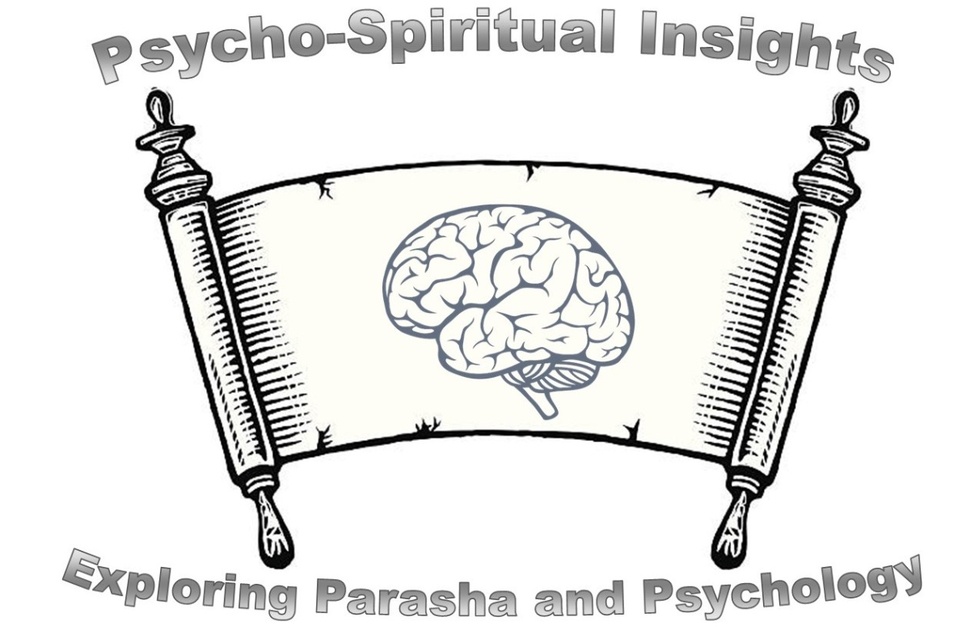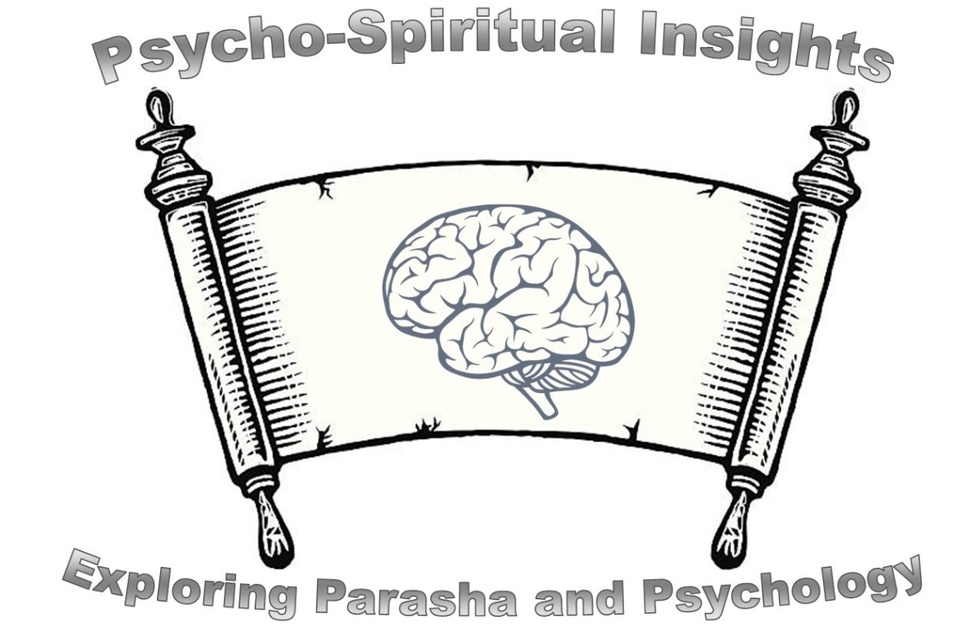
Parshat Shemini begins with the sanctification of the Mikdash by Aharon HaCohen a day that could have been the spiritual pinnacle of his life. We know that the day suddenly takes a turn with the tragic deaths of his sons, Nadav & Avihu. The sudden loss of Nadav and Avihu profoundly impacts Aharon and Bnei Yisrael. Their deaths evoke deep sorrow and mourning, reflecting the human experience of bereavement.
Bereavement is a multifaceted psychological process that individuals undergo in response to the death of a loved one. It encompasses a range of emotions, including grief, sadness, anger, confusion, and even guilt. The bereaved often navigate through stages of mourning as they come to terms with their loss and adjust to life without their loved one.
In the case of Aaron and his family, their grief is palpable. Aaron's reaction to the deaths of Nadav and Avihu is one of silence, as he struggles to comprehend the sudden loss of his sons. The parsha tell us that after the passing of Aharon’s sons, Moshe Rabeynu approached to explain what occurred and “VaYidom Aharon” – “and Aaron was silent” (Vayikra 10:3). The Ramban writes he had cried aloud, but then he became silent. The Sforno writes that his silence was due to feeling consoled after having been told that the death of his sons represented a sanctification of Hashem. Rashi writes, quoting several Gemarahs, that Hashem rewarded Aharon for his silence by subsequently speaking directly to him later in the Parsha. However, the Rashbam indicates that this silence is not something we should all learn a lesson from pertaining to our own grief but an exception related to the elevated level of Aharon.
We find that Chazal differ on their interpretation of how grief should be manifested, which directly falls in line with the research on the grieving process. While we know, there are often five stages of grief - denial, anger, bargaining, depression and acceptance, we also are aware that there is no specific order to them or time frame per stage. In grief work an often used quotes is: “Grief is like the ocean; it comes on waves ebbing and flowing. Sometimes the water is calm, and sometimes it is overwhelming. All we can do is learn to swim.” There is no one right way to cope.
The Gemarah in Berachot 18b tells us the good die but live on in the example they provided. Aharon found comfort in finding meaning around his grief, a feeling often elusive to many experiencing tragic losses. However, others can find their way towards healing in other ways.
Three small tips for navigating bereavement:
- Allow Yourself to Feel: It's essential to give yourself permission to experience the full range of emotions that accompany bereavement, including sadness, anger, guilt, and even relief. Suppressing emotions can prolong the healing process. Instead, embrace your feelings and allow yourself to grieve in your own way and at your own pace.
- Seek Support: Don't hesitate to lean on friends, family, or support groups during this challenging time. Surrounding yourself with understanding and compassionate individuals can provide comfort and validation for your emotions. Sharing memories and stories about your loved one can also help keep their memory alive and foster healing.
- Practice Self-Care: Take care of yourself physically, emotionally, and mentally during the grieving process. Additionally, ensure you're getting enough rest, eating nourishing foods, and seeking professional help if needed, such as therapy or counseling. Remember, self-care is not selfish—it's essential for your well-being as you navigate through grief.
Grief Researcher Dr. Elisabeth Kübler-Ross said, “The reality is that you will grieve forever. You will not ‘get over’ the loss of a loved one; you will learn to live with it. You will heal and you will rebuild yourself around the loss you have suffered. You will be whole again but you will never be the same. Nor should you be the same nor would you want to.” We are reminded that the process of bereavement is not linear. Ultimately, Parshat Shemini teaches us that the experience of bereavement is a deeply human phenomenon, experienced at some point by all. It invites us to reflect on the complexities of grief and the ways in which we can support one another through life's darkest moments. Through support, presence, and connection, we can navigate the journey of bereavement with faith, resilience, and hope.
Elan Javanfard, M.A., L.M.F.T. is a Consulting Psychotherapist focused on behavioral health redesign, a Professor of Psychology at Pepperdine University, & a lecturer related to Mindfulness, Evidence Based Practices, and Suicide Prevention. Elan is the author of Psycho-Spiritual Insights: Exploring Parasha & Psychology, weekly blog. He lives in Los Angeles Pico Robertson community with his wife and three children and can be reached at Elan.Javanfard@gmail.com.
 Previous
Previous

